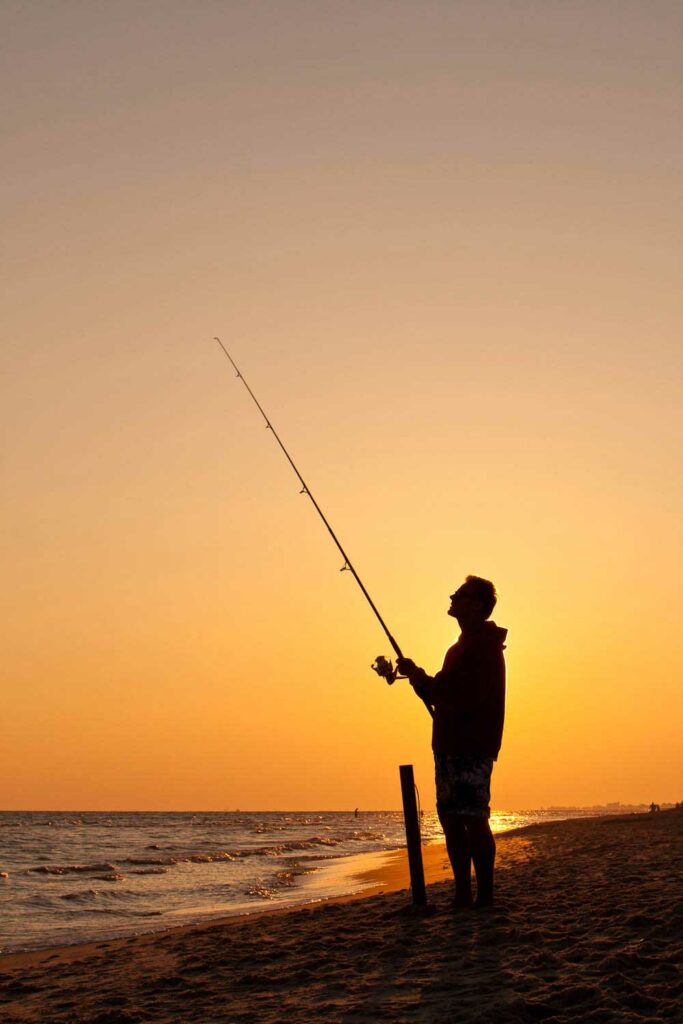Shaping the Future of Outdoor Recreation in Alabama.
Outdoor Recreation in Alabama represents an opportunity to enhance the health and quality of life for our residents and to support the economic vitality and competitiveness of both large cities and rural communities throughout our state. Trails are a key component of outdoor recreation, providing access to experience Alabama’s varied and beautiful landscapes and waterways.
The University of Alabama, in partnership with the Alabama Trails Commission, has developed this website to provide helpful resources for anyone looking to plan, fund, develop, or operate outdoor recreation facilities and programs in Alabama.
OUTDOOR RECREATION DEVELOPMENT REPRESENTS AN IMPORTANT OPPORTUNITY FOR ALABAMA
Alabama has tremendous natural endowments:
- Geologically diverse and beautiful landscapes
- Among the highest biological diversity anywhere in North America
- More miles of navigable water than any other state
- More acres of forestland than our neighboring states
Stanford University’s Hoover Institution found that Alabama has significant untapped potential. We have the smallest outdoor recreation economy of any southeastern state as a percentage of GDP. We have the least amount of public recreation land available as a percentage of our state’s total area. Thoughtful investment in public lands and outdoor recreation development can help position our state to effectively compete for a highly skilled 21st Century workforce.
Outdoor recreation can improve the health of Alabama residents. Studies show that people with accessible opportunities for outdoor recreation are more likely to engage in regular physical activity, which helps reduce obesity and obesity-related disease and supports social and emotional well-being.
What is healthy for our residents is healthy for our economy. Communities that provide a variety of outdoor recreation opportunities have a better quality of life, making them more attractive places to call home. They enjoy reduced healthcare expenses and increased productivity, and are better positioned to compete for talented workforces and corporate relocations.
Outdoor recreation tourism can spur economic development. Communities with marketable outdoor recreation destinations can benefit significantly from a large and growing outdoor recreation tourism market that supports retail and hospitality businesses and enhances the local tax base through tourism spending.



